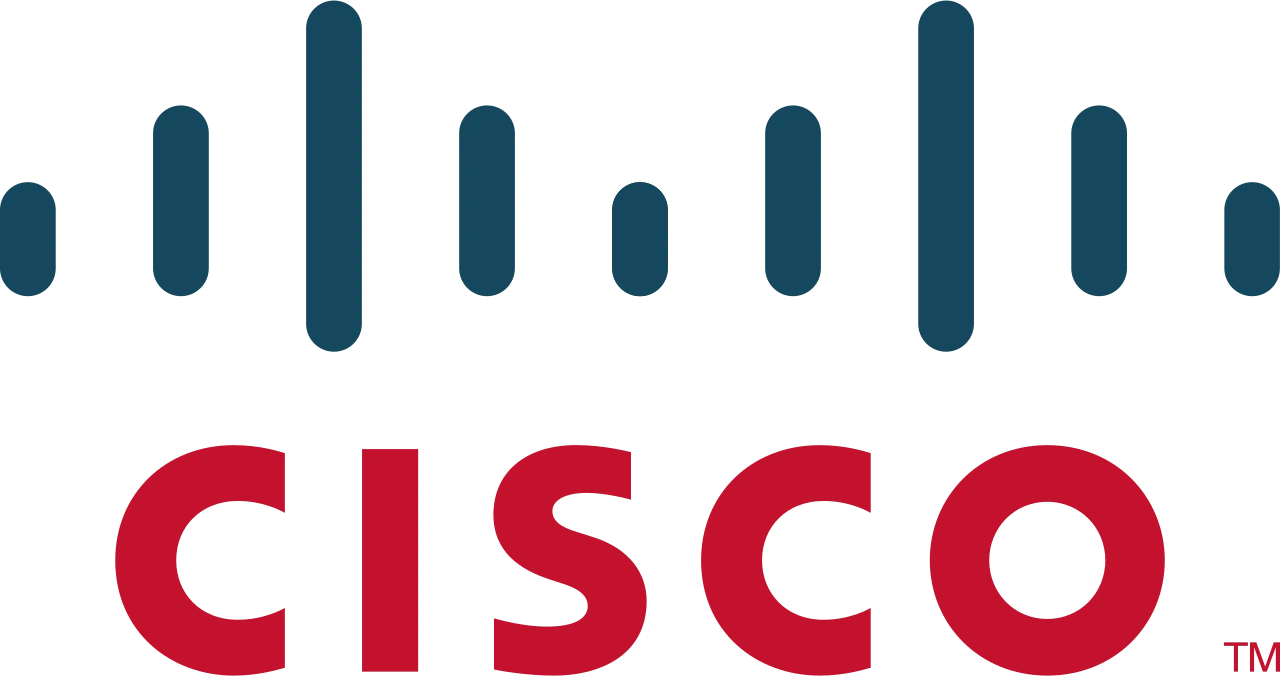

گواهینامه ی Cisco Certified Internetwork Expert یا CCIE یک مدرک تخصصی میباشد که توسط شرکت سیسکو ارائه می گردد. مدرک CCIE، مهارت و دانش دارنده ی آن را در زمینههای طراحی، راه اندازی و رفع اشکال شبکههای پیچیده و زیرساختی تجهیزات سیسکو در بازه ی وسیعی از تجهیزات این شرکت تأئید میکند.
شرکت سیسکو مدرک CCIE را معتبرترین مدرک شبکه در این حوزه قلمداد میکند. گواهینامه ی CCIE مجموعهای از مهارت های بسیار دقیق و گسترده ای از علم شبکه میباشد که با توجه به گزارشهای شرکت سیسکو تنها کمتر از 3% از مهندسان شبکهای که مدرک سیسکو دارند برای دریافت این مدرک اقدام میکنند و این عدد در میان مهندسانی که پیشینه ی مدرک سیسکو ندارند به 1% کاهش می یابد. بهطور میانگین یک کاندیدای آزمون CCIE در حدود هجده ماه نیاز به مطالعه دارد.
مدرك CCIE یکی از معتبرترین مدرک های موجود در زمینه ی IT می باشد و همچنین پيشرفتهترين مدرک ارائه شده توسط سيسكو در زمينه Computer Networks همین مدرک می باشد. با توجه به افزایش روز افزون سرعت اتصالات شبکه های کامپیوتری و ارائه تنظیمات پیشرفته و حرفه ای در بستر شبکه های کامپیوتری و در پی آن گسترش روز افزون استفاده از تکنولوژی اطلاعات، جهان به سوی به کارگیری هر چه بیشتر این تکنولوژی پیش می رود که از پیامد های بارز آن می توان به پروژه های اتصالات پر سرعت شبکه های دولت الکترونیک و بانکداری الکترونیک و … اشاره نمود، تا جایی که امروزه اکثر شرکت ها و سازمان های فعال، به تکنولوژی اطلاعات روی آورده و همگام با آن پیش می روند.

دوره CCIE Service provider به منظور افزایش توانمندی دانشجویان در طراحی و پیاده سازی و عیب یابی شبکه های یزرگ و پیچیده ارائه شده است و به دانشجویان این دوره مفاهیم مورد نیاز در بالاترین سطح شبکه های Service provider آموزش داده خواهد شد. در این دوره اغلب سناریو ها بصورت Dual Stack ( IPV4 و IPV6 ) خواهند بود که در پیشرفته ترین و پیچیده ترین سناریو های موجود در شبکه ها به افزایش دانش و ارزیابی دانشجویان کمک شایانی خواهد کرد.
این دوره بصورت Scenario Base ارائه خواهد شد که سعی مبنی بر این است که دانشجو با مسائل موجود بصورت کاملا عملی درگیر شده و بتواند درک کاملی نسبت به شبکه و المانهای موجود در آن داشته باشد. بدین شکل که در هر مبحث با ارائه یک سناریو در همان زمینه اغاز شده و همگام با دانشجو به تحلیل و بررسی و راهکار های موجود در طراحی و پیاده سازی و همچنین عیب یابی شبکه ها پرداخته خواهد شد.در این دوره سعی میشود از سناریو های عملی که اغلب در شبکه های بزرگ مطرح است استفاده شود تا دانشجو با محیط عملی کار آشنایی بیشتری پیدا کند.
فارق التحصلان این دوره بسته به توانمندی خود آمادگی کار در بالاترین و پیچیده ترین شبکه های موجود را خواهند داشت.
